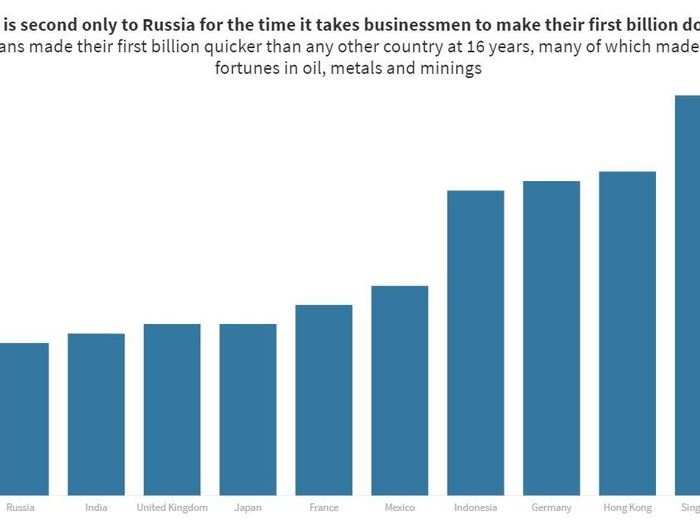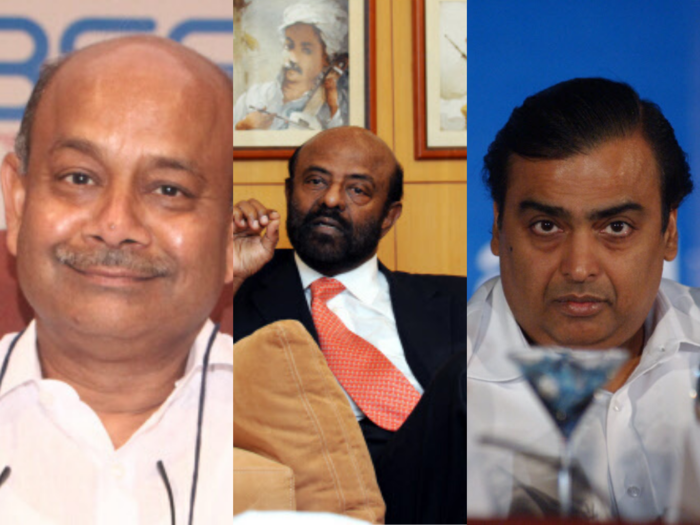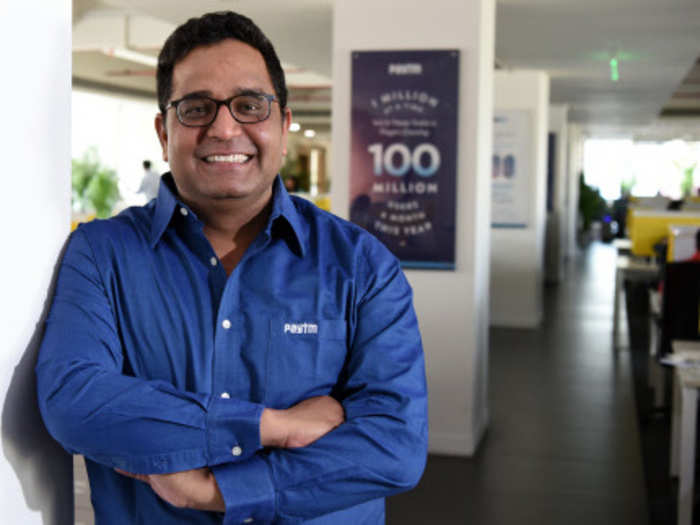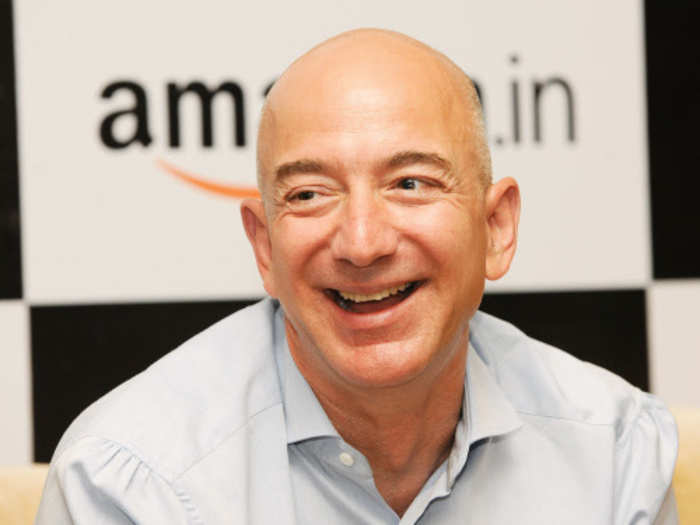- It takes 17 years to become a billionaire in India — far less time than in Germany, Hong Kong, and Singapore.
- The quickest person to hit the milestone was eBay founder, Pierre Omidyar who became a billionaire in just 3 years
- In contrast, the longest road to billionaire status was by Singaporean paint magnet Goh Cheunf Liang who made his first billion after 59 years
It takes 17-years to enter the billionaire’s club in India. While many of you might think that’s a very long time but it’s not — if we compare it to other countries. That’s if you account for the likes of Mukesh Ambani or Shiv Nadar, who ran traditional businesses.
The new crop billionaires like Paytm founder Vijay Shekhar Sharma or Oyo’s Ritesh Agarwal have taken a lot less time to make it to the coveted club of people with a net worth of at least $1 billion. Investors are willing to pay a lot more for the new-age businesses.
India is second only to Russia for the time it takes businessmen to make their first billion dollars
People in the United States require 18-years to earn that kind of money. Whereas, some other countries like Indonesia, Germany and Hong Kong took over three decades to turn their idea into a fortune. People in Singapore take 42-long-years to earn their first billion, according to a research from OLBG, a UK based-sports betting community platform.
Russians made their first billion quicker than any other country at 16 years, many of which made their fortunes in oil, metals and minings. The global average time to hit a billion dollars is 21 years, the report said.
The Indian billionaires who ran traditional businesses took longer time to earn a billion dollars
Business Insider India
In India, Mukesh Ambani, India’s richest person with over $60 billion in his pocket. The 64-year old took over his father’s business, Reliance Industries, in 1984 and became a billionaire in 13 years, according to OLBG research. Radhakishan Damani, the owner of Avenue Supermarts and second richest in the country, took 15 years to enter the billionaire’s club.
Whereas Shiv Nadar, the founder and chairman of IT giant HCL, spent more than two decades to earn a billion dollars.
The timing matters
BCCL
Vijay Shekhar Sharm took 17 years to make a billion dollars.
His company One97 communications was born in 2000 — which used to offer mobile content like cricket scores, ringtone, jokes etc. But, he pivoted his business in 2010 and launched a digital payment app Paytm.
He got his breakthrough when millions of Indians were forced to switch to digital mode of Paytm after demonetisation in 2016. A year later, he was named the youngest billionaire in the country. And now, Paytm has also diversified to financial services and travel insurance.
Entrepreneurs in the digital age are making the cut much faster
BCCL
This is in line with a lot of entrepreneurs in the digital economy. Jeff Bezos, the world’s richest person and owner of Amazon, made his first billion after 5 years after he opened his e-commerce company in 1994. The quickest billionaire to earn this milestone was eBay founder Pierre Omidyar, who became a billionaire three years after he started his company in 1995.
Interestingly, there are some entrepreneurs in the world who spent more than five decades to earn their first billion dollars such as Singapore’s paint magnate Goh Cheng Liang, who opened his first factory in 1955 but didn’t appear on the Forbes Billionaires List until 59 years later, in 2014.
SEE ALSO:
Google Pay has a solid lead over PhonePe, Paytm and Amazon Pay in India— but its biggest challenge is yet to come 



